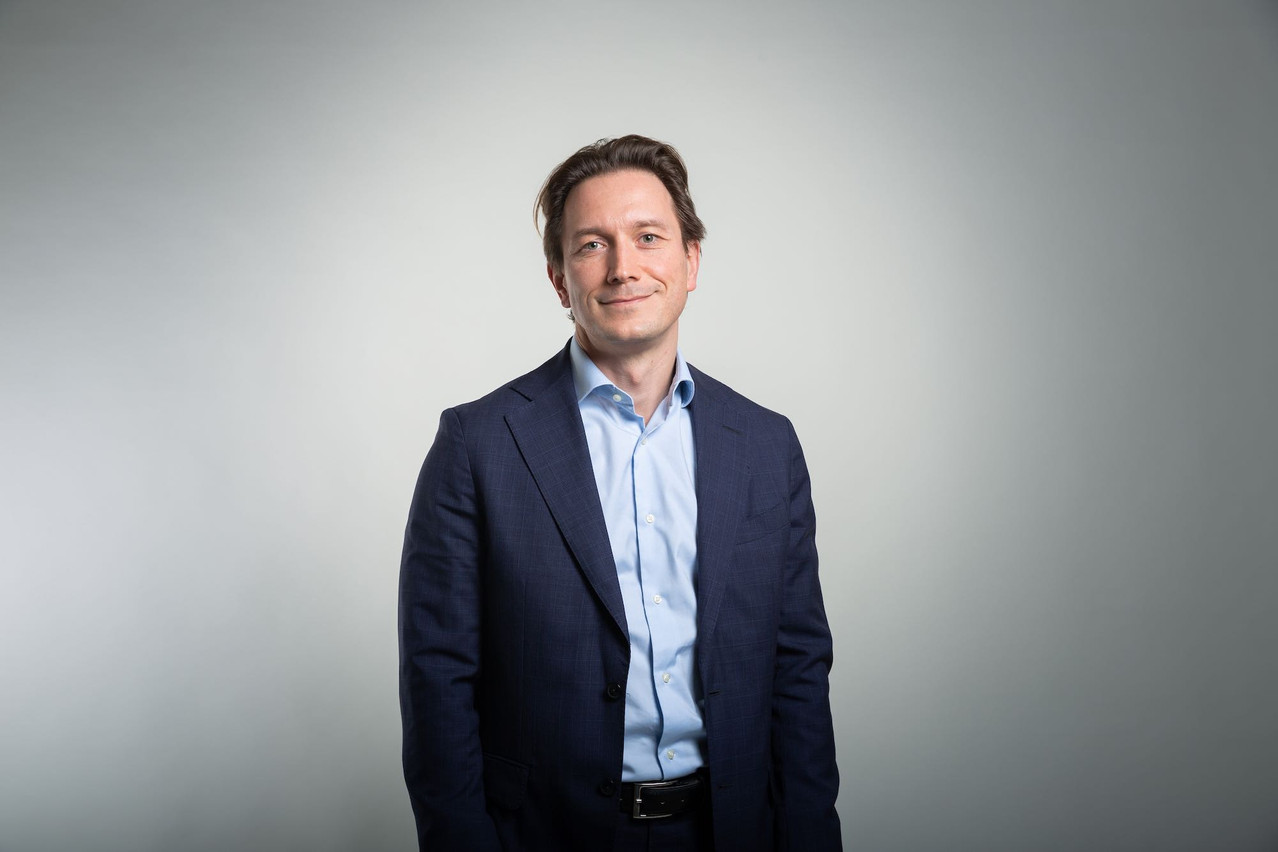Developing a more attractive environment for what he calls sustainable talent is a challenge that and the Luxembourg Employers’ Association (UEL) really want to see taken up by whatever coalition takes office after October’s parliamentary elections. “That includes individual talent, but also the collective talent of a business or company,” he says.
And while Olinger acknowledges that Luxembourg’s startup ecosystem attracts talent that would otherwise not have come to Luxembourg, the country must continue to be interesting for startups, including those coming from abroad. “People that want to create something are much more mobile, more global, than they were several years ago.”
The UEL proposals for the 2023 election include making the organisation of work more flexible for companies, but also putting in place personalised solutions in employment contracts that take into account new ways of working. That includes, removing obstacles to the implementation of remote working for at least two days per week. And in addition to facilitating access of companies to lifelong learning, the association would push the next government to give the self-employed access to co-financing aid for continuing education and offer them better social protection.
Public-private partnerships
Olinger is also a fan of the collective talent of public-private partnerships. “They can make things work well, and having good institutions is important. But institutions must be relevant and representative.” Indeed, he reckons that one topic that will rear its head again over the course of the next administration is how best to involve everyone who lives in the grand duchy into the decision-making process. “There are probably several answers to that question, not just voting rights. But we need to work collectively on getting that right and being as inclusive as possible.”
Olinger wants public finances to be managed prudently to ensure the sustainability of social security systems, as well as guaranteeing the quality of a health system that needs to be efficient and accessible. However, the UEL also wants to raise the effective retirement age in order to guarantee access to old-age pensions for future generations.
If we have the ambition to be a digital nation, we should be in the fast lane. For Luxembourg, being average is not enough
The UEL welcomed the current government’s introduction in July of investment tax credits for digital and green transformation. “We are not the first movers in Europe, but at least we are getting there and now we have to make sure it is up and running in the next few years.”
Dialogue and digitalisation
But Olinger argues that one concern many companies have is legal uncertainty when it comes to taxation. There should be more dialogue between taxpayers and tax administrations, he says. “The disadvantage if people don’t talk to each other is that you only find out afterwards if there’s an issue or different, or even wrong, interpretation of the tax law.”
Digitalisation also needs to be accelerated, especially for the tax administration. “If we have the ambition to be a digital nation, we should be in the fast lane. For Luxembourg, being average is not enough.”
A version of this article originally appeared in Delano’s magazine

